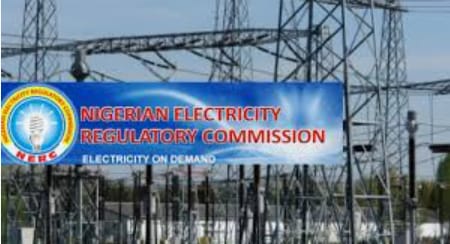The Federal Government has projected that electricity subsidies in Nigeria will amount to a staggering N2.4tn by the end of 2024, driven by foreign exchange fluctuations and tariff adjustments.
This disclosure was made by the Nigerian Electricity Regulatory Commission’s Commissioner of Planning, Research, and Strategy, Dr. Yusuf Ali, during PricewaterhouseCoopers’ Annual Power and Utilities Roundtable in Lagos on Thursday.
Ali explained that the current subsidy figure, as of November, stands at N1.9tn, but the monthly cost is expected to rise to N260bn in December.
“The N2.4tn is an annual estimate, subject to adjustments based on monthly cost-benefit tariffs,” he stated.
He further noted that the government calculates subsidies by evaluating the difference between cost-reflective tariffs and approved tariffs each month.
The final subsidy figure will be determined after factoring in actual consumption and prevailing tariff trends.
Speaking at the event, the Minister of Power, Adebayo Adelabu, represented by his Chief Technical Adviser, Adedayo Olowoniyi, unveiled a draft Integrated National Electricity Policy developed in collaboration with PricewaterhouseCoopers.
Adelabu stressed the importance of implementing cost-reflective tariffs to attract investments and ensure sector sustainability.
“A market that does not guarantee returns for investors will not attract investment. Cost-reflective tariffs are essential for achieving 24-hour electricity and universal access,” he said.
The minister highlighted the administration’s efforts under the Renewed Hope Agenda, including the Presidential Power Initiative in partnership with Siemens and the Electricity Act of 2023, aimed at reforming the power sector.
Despite these initiatives, Adelabu acknowledged significant challenges, including vandalism, ageing infrastructure, and inefficiencies in the electricity value chain.
He revealed that the Transmission Company of Nigeria spent nearly N10bn in six months repairing vandalized transmission towers.
“Frequent grid disturbances caused by capacity inadequacies and consistent vandalism have significantly impacted progress in the sector,” he said.
Adelabu noted that efforts are ongoing to address these issues through infrastructure development, such as building new substations and upgrading transmission and distribution networks.
Adelabu expressed optimism that the Integrated National Electricity Policy would guide the strategic implementation of reforms in the sector.
The policy aims to improve energy delivery efficiency, foster market discipline, and ensure subsidies reach the most vulnerable populations.
“Hope is not passive. We must innovate and implement bold ideas to restore confidence and deliver a sustainable energy future for all Nigerians,” he stated, calling for collective responsibility among stakeholders.
Do you want to share a story with us? Do you want to advertise with us? Do you need publicity for a product, service, or event? Contact us on WhatsApp +2348183319097 Email: platformtimes@gmail.com
We are committed to impactful investigative journalism for human interest and social justice. Your donation will help us tell more stories. Kindly donate any amount HERE




